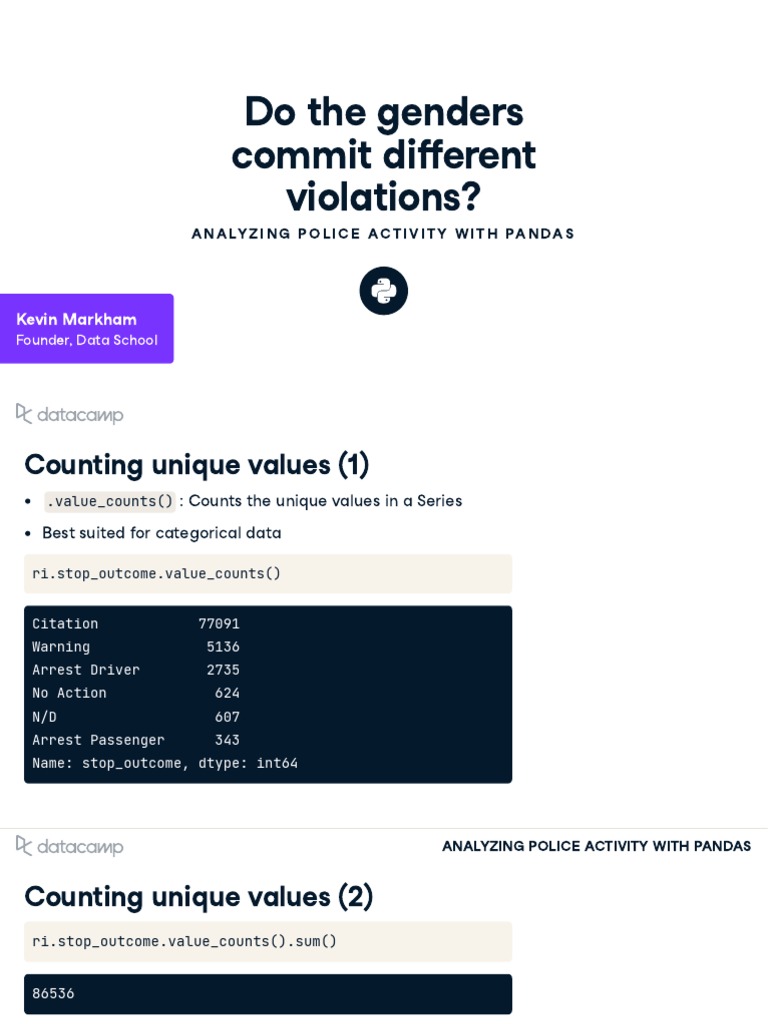In contemporary discourse surrounding law enforcement and societal justice, the notions of gender parity and equity serve as vital fulcrums for progressive change. Within the context of Bahá’í teachings, these concepts are not merely aspirational ideals; they represent an intrinsic harmony that is necessary for the effective functioning of societal institutions, including policing. This encapsulation of balance finds its symbolic resonance in the Bahá’í principle that emphasizes the interdependence of all facets of civilization, wherein justice transcends mere legal adherence to engender a more profound moral responsibility.
The Bahá’í Faith elucidates the significance of gender equality as a precursor for universal peace and justice, which translates seamlessly into law enforcement. The metaphor of a balanced scale aptly epitomizes this principle: one cannot render true justice unless all sides weigh equally, ensuring representation not only in governance but in the ranks of those who enforce the law. When women occupy pivotal roles in policing, they bring unique perspectives and experiences that contribute to a more nuanced and holistic approach to justice.
1. **The Call for Gender Inclusivity in Law Enforcement**: The Bahá’í teachings advocate for complete integration of gender in all societal structures. When examining policing, inclusivity is more than just a policy; it’s a fundamental shift that empowers individuals to embody the qualities of compassion and integrity essential for a just legal system. The insufficiency of a male-dominated police force becomes evident as the public’s diverse needs surpass homogenous perspectives. The absence of gender diversity stifles innovation, as teams lacking multifaceted viewpoints often fail to address the complexities of human behavior and justice effectively.
2. **Empathy as an Instrument of Justice**: The Bahá’í narrative underscores the critical role of empathy, a virtue that flourishes within a balanced framework. Women in policing often exhibit heightened empathetic understanding that can transform a rigid approach to law enforcement into one characterized by sensitivity and human connection. This paradigm shift yields benefits that extend beyond mere conflict resolution; it fosters community relationships and trust which are foundational to effective policing.
3. **Dynamic Collaboration and Interpersonal Strength**: The Bahá’í approach posits that collaboration is indispensable amongst those who seek justice. In a law enforcement context, gender-balanced teams are uniquely positioned to cultivate collaborative environments that draw on the best qualities of their members. Empirical studies have substantiated this claim, showing that mixed-gender teams foster improved communication, enhanced problem-solving capabilities, and greater overall efficacy. By harnessing the collective strengths of diverse individuals, policing becomes less about unilateral authority and more about cooperative engagement.
4. **Mentality Shift from Power to Service**: Central to Bahá’í teachings is the transition from a paradigm of power to one of service. In traditional policing models, the understanding of authority can often lead to a domination mentality that jeopardizes community relations. Through gender parity and a focus on service-oriented leadership, officers can cultivate a mindset that prioritizes the well-being of the community over mere enforcement of the law. The finest law enforcement personnel are those who perceive their role as community caretakers rather than enforcers of oppressive mandates. Such evolution in perception facilitates a justice system underpinned by compassion rather than fear.
5. **Educational Reform and Gender Sensitivity Training**: The Bahá’í perspective emphasizes education as a cornerstone for achieving gender parity in law enforcement. Integrating gender sensitivity training into police curricula is essential. These programs can promote awareness about the nuanced implications of gender roles and biases in policing. Heightened awareness leads to decreased instances of discriminatory practices, ensuring that all individuals are treated justly, irrespective of gender. Furthermore, such educational initiatives cultivate a culture of respect and understanding among officers, which directly influences their interactions with the public.
6. **Leveraging Technology for Gender Balance**: In an age where technology serves as a catalyst for systemic change, Bahá’í teachings can guide the application of innovative tools in fostering gender parity within policing. For instance, algorithms and data analytics can be honed to promote equality in hiring practices and performance evaluations. This commitment to ethical technological application echoes the Bahá’í principle of justice, ensuring that policies are driven by fairness rather than bias. The confluence of technology and gender equity presents a unique opportunity to reconstruct the dynamics within law enforcement to achieve greater balance and fairness.
7. **A Holistic Vision of Justice**: The Bahá’í teachings offer a holistic vision of justice that recognizes the interconnectedness of all members of society. This interconnectedness mandates that efforts towards gender parity in policing are not singular initiatives but part of a larger framework aimed at societal upliftment. Recognizing the relationship between gender equity and larger issues such as poverty alleviation and education reform allows for a comprehensive approach that strengthens community integrity. Justice, therefore, becomes a shared journey rather than a destination, aligning with the Bahá’í principle of unity in diversity.
In conclusion, the compelling call for gender parity within policing, as articulated through Bahá’í teachings, emerges as a clarion call for justice through balance. The intrinsic values of empathy, collaboration, education, and technological equity work synergistically to shape a law enforcement paradigm that not only serves the law but honors the dignity and rights of every individual. Embracing this enlightened approach to policing is essential for constructing a just society, for, as the Bahá’í Faith eloquently states, “the well-being of mankind, its peace and security, are unattainable unless and until its unity is firmly established.” Hence, achieving gender parity is not a mere enhancement; it is the bedrock upon which a just and equitable society is built.
